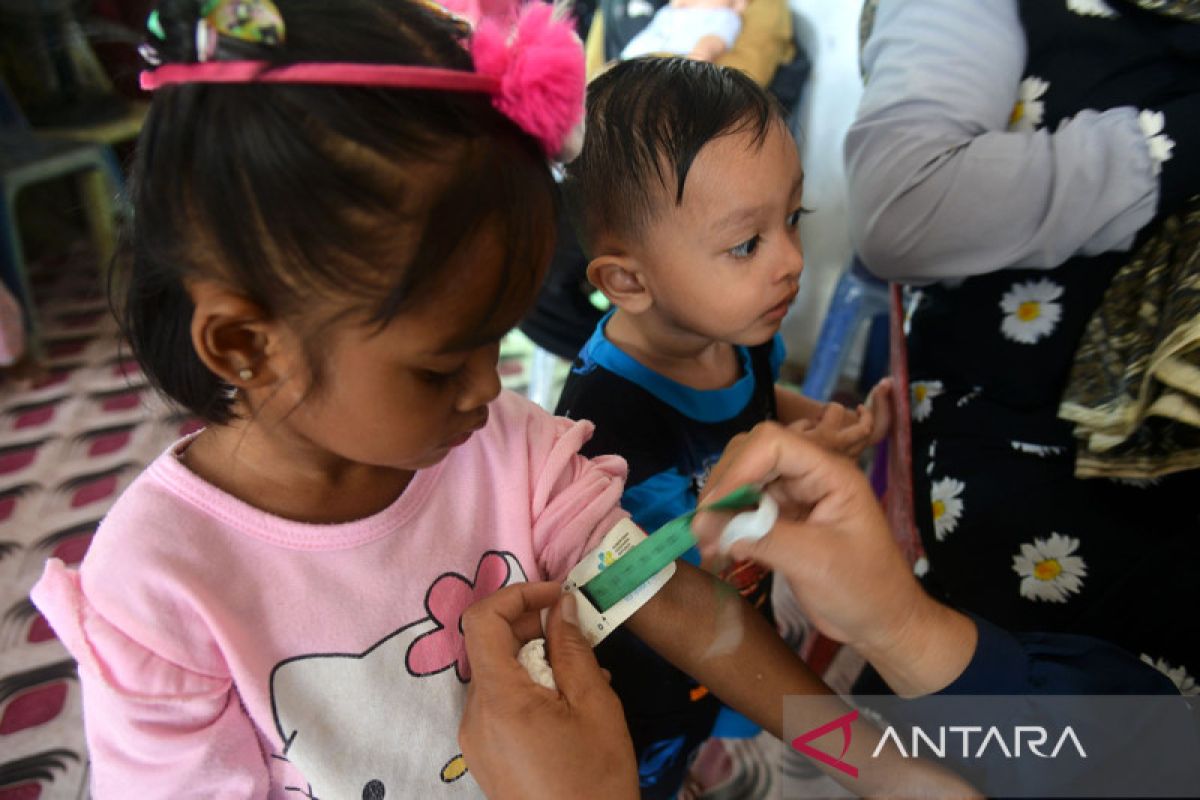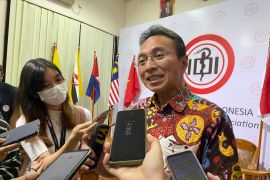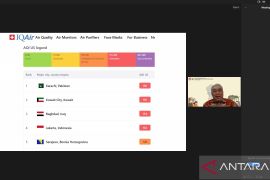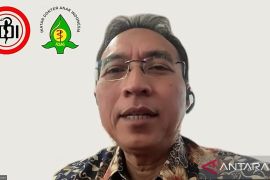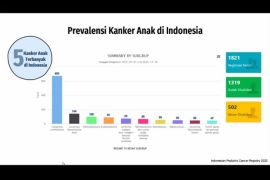“Parents must take advantage of the immunization programs provided by the government. Free immunization is available at the community health center (puskesmas) and integrated health post (posyandu). Moreover, in September, a new Pneumococcal Conjugate Vaccine (PCV) was launched," Yanuarso remarked in Jakarta on Tuesday.
The IDAI chairman emphasized that several diseases, such as polio, hepatitis B, whooping cough, diphtheria, haemophilus influenzae type B, measles, and tetanus, can be prevented through the PD3I immunization. PD3I is a disease with a fairly high morbidity and mortality rate.
According to Yanuarso, routine immunization coverage for children in Indonesia had decreased significantly due to the COVID-19 pandemic. This is also marked by indicators of the reappearance of several infectious diseases, such as diphtheria, measles, and rubella.
He assessed that the National Child Immunization Month (BIAN) Program promoted by the government had shown good results in Java Island, especially in Yogyakarta Province.
However, he also highlighted the low awareness of immunization outside Java, such as in Aceh and West Sumatra.
The circulation of hoaxes regarding halal status in vaccines can raise public doubts about the effectiveness of the immunization program. Hence, the government must work with community and religious leaders to disseminate information on the importance of achieving high immunization coverage, he stated.
Related news: Parents should monitor education to reduce learning loss risk: IDAI
“We need support to fight hoaxes that create confusion among members of the public,” Yanuarso stated.
He emphasized that immunization coverage must at least reach 80 percent of the target to build herd immunity and prevent the emergence of PD3I. If immunization coverage is below 60 percent, then extraordinary outbreaks (KLB) of the disease would resurface.
“The immunization coverage for DPT (diphtheria, whooping cough, and tetanus) will be able to protect herd immunity when the coverage reaches 80 percent. However, as soon as the coverage drops by 60 percent, the KLB will appear again,” he cautioned.
Yanuarso underscored the importance of intensifying education and disseminating information on the dangers of PD3I among members of the community.
“Awareness of this disease must also be raised among members of the public. They cannot underestimate it. PD3I can interfere with the child’s growth and development, not only about stunting, but the child can also be disabled and it can lead to mortality," he stated.
Related news: Parents must ensure sufficient animal protein intake in children: IDAI
Translator: Rizka Khaerunissa, Resinta S
Editor: Rahmad Nasution
Copyright © ANTARA 2022
